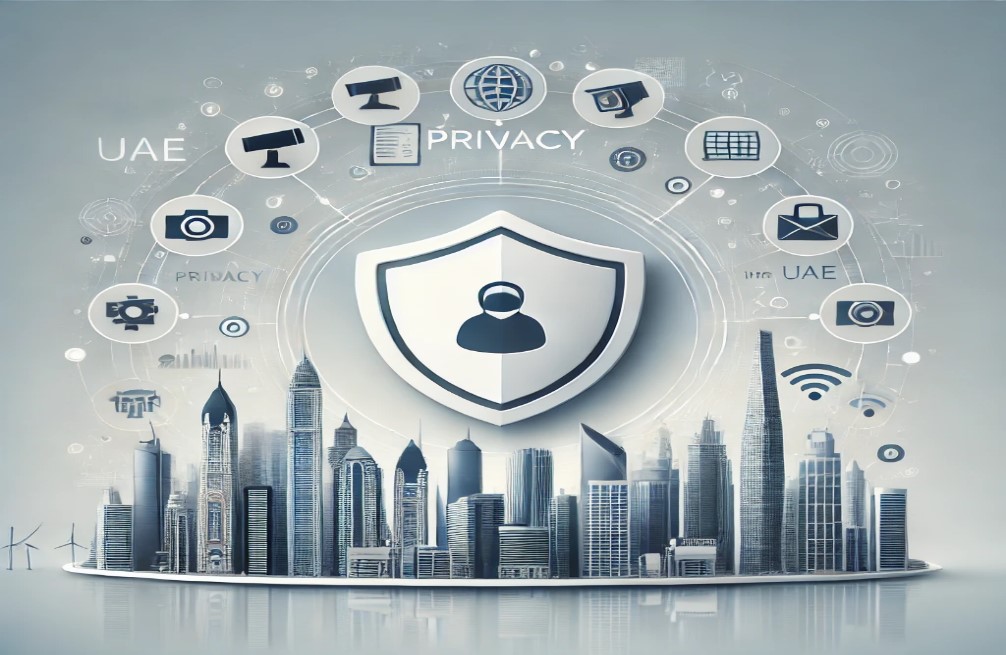
Protecting Privacy: UAE’s Tech Misuse Laws Unveiled
In today’s interconnected world,
technology has become a vital part of everyday life, offering convenient tools
such as smartphones and computers to enhance communication and information
sharing. However, the misuse of these tools can lead to significant legal
risks, particularly in the realm of privacy violations. In the UAE, Federal
Decree-Law No. 34 of 2021 on Countering Rumors and Cybercrimes sets out
stringent regulations designed to protect individuals from technology-based
privacy breaches. This law emphasizes the importance of respecting privacy when
capturing photos, recording conversations, or sharing personal information.
One of the key aspects of this law
is its regulation of photography, often viewed as a harmless activity. Article
44 explicitly prohibits the use of technology to invade an individual’s
privacy, setting severe penalties for violations. These penalties include
imprisonment for no less than six months and fines ranging from AED 150,000 to
AED 500,000. Acts such as recording or sharing private conversations without
consent, taking unauthorized photographs in both public and private spaces, and
publishing content with the intent to harm another’s reputation are strictly
prohibited. Even photographing victims of accidents or disclosing someone’s
location without permission is considered a violation.
The law also recognizes that
technological misuse extends beyond simple recordings or photographs.
Manipulating or altering images or recordings to defame or damage someone's
reputation carries even harsher consequences. Perpetrators found guilty of such
acts can face at least one year in prison and fines of up to AED 500,000. These
provisions reflect the UAE’s firm commitment to ensuring that technology is
used responsibly, especially in cases involving sensitive personal data.
Intent plays a crucial role in
determining whether a crime has been committed under this law. The offender
must have intended to invade privacy or harm an individual’s reputation using
technological means. However, the law provides a safeguard for those acting in
good faith, such as reporting unlawful activity or documenting criminal acts.
In such cases, the criminal intent may be negated, offering some protection for
those who use technology for the public good.
In conclusion, Federal Decree-Law
No. 34 of 2021 presents a comprehensive legal framework that underscores the
UAE’s commitment to safeguarding privacy in the digital age. By clearly
outlining penalties for the misuse of technology, especially concerning
photography and personal data, the law sets a high standard for privacy
protection. As technology continues to evolve, understanding and adhering to
these legal provisions is crucial to avoid serious legal repercussions in the
UAE.
